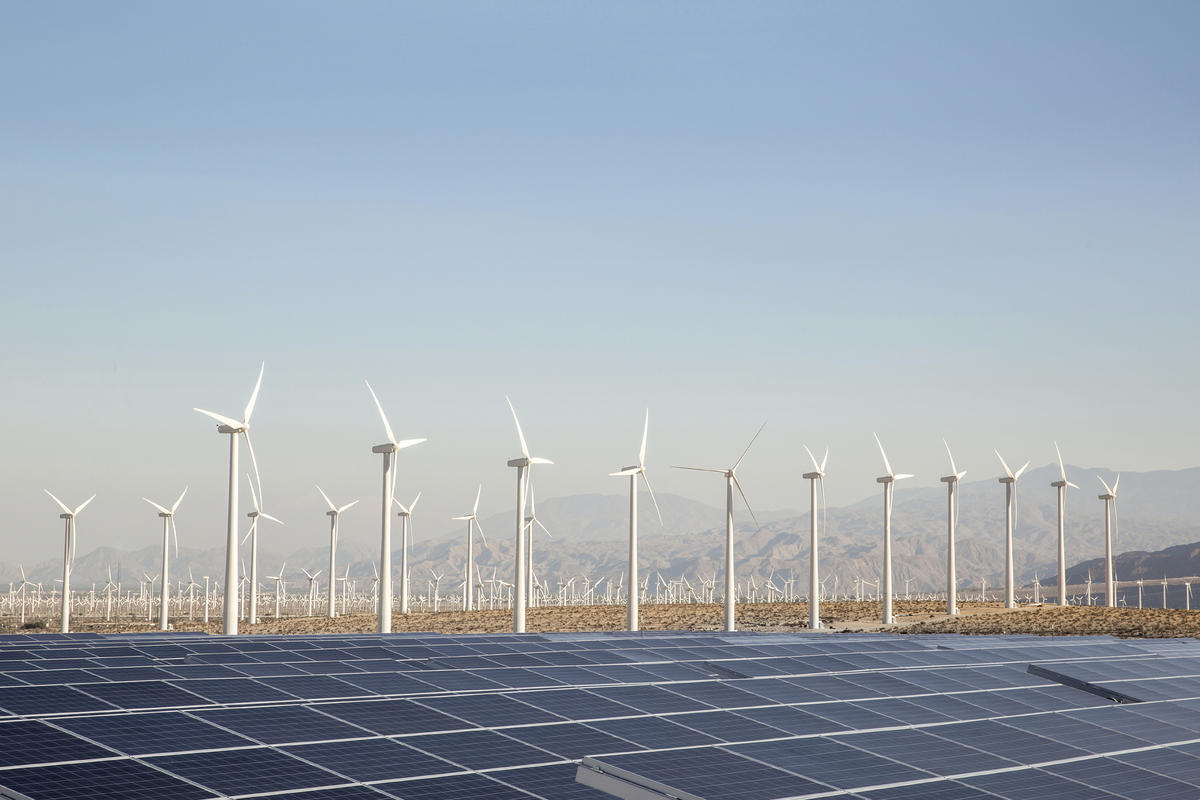Nigerians can save a whopping N5 trillion every year if renewable technology is deployed across the country. Speaking to Daily Sun, recently, President of Renewable Energy Association of Nigeria (REAN), Dr Segun Adaju, said that going by Central Bank of Nigeria (CBN) report that Nigerians spend $14 billion fuelling their generators, it means therefore that if renewable energy solutions is deployed across the country, Nigerians will save over N5 trillion using today’s exchange rate.
“CBN reports said that Nigerians spend $14 billion fuelling their generators. Using today’s exchange rate, if we deploy renewable energy solutions, Nigerians can save N5 trillion every year” he said.
On the N5 million facility the Federal Government promised the operators of renewable energy, Adaju said that none of the members of the association has accessed the fund.
“In respect of N5 million connection facility that the government has put in place. Yes, it is a very good initiative. We know it is good for the industry. We are also aware that many of our members are interested in being part of that scheme.
“As regards whether our members have benefited, we haven’t made much progress. We are still in the process and we haven’t heard from anyone of us that has benefited from it. But we will keep pushing on the terms and conditions that are stated.
“The scheme is powered by Rural Electrification Agency (REA). REA has set criteria in that space. They have set criteria for Nigerian Electrification Project (NEP) funded by World Bank. So, it makes some sense to ride on the existing framework. So, being listed on the NEP is a condition to benefit on that scheme. Very few of our members are embarking to get on that project” he said.
Adaju, however, regretted that foreign companies are infiltrating the industry and taking away their jobs due to their capacity to access huge finance from their governments.
“Panels which were duty-free in Nigeria now attract up to 20 per cent tax” he lamented, saying that the increase in tax has greatly impacted on the cost of deployment.
“It increases the cost. That is one of the advantages the foreign companies have. Most of these foreign companies have incentives from their governments wherever they operate. These incentives are not applicable in Nigeria. So, companies have tax holidays. They have incentives to go renewable. In Nigeria, there is no incentive to start up renewable companies in Nigeria. So, it is affecting the ultimate price and cost. It is also affecting affordability.
‘In terms of affordability, I will say that renewable energy technology is becoming more affordable” he said.













